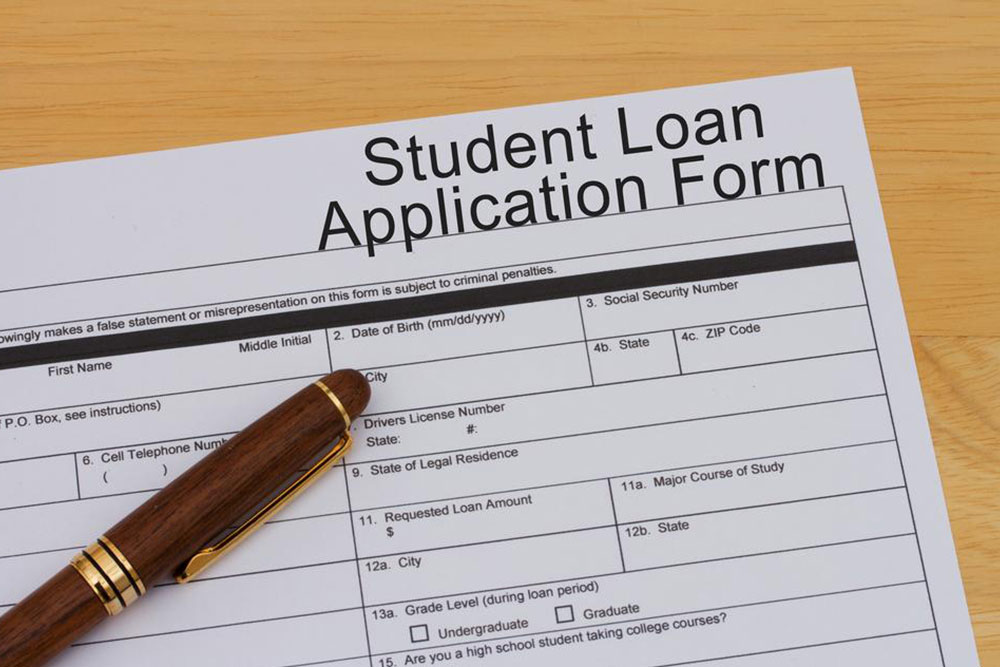Essential Guide to Parent Student Loans Before You Apply
This comprehensive guide explains everything parents need to know before applying for parent student loans, including eligibility, benefits, drawbacks, and alternatives. It highlights key aspects like credit requirements, repayment options, and differences between federal and private loans, helping parents make informed financial decisions for their child's education.

Essential Guide to Parent Student Loans Before You Apply
Parent loans, often called PLUS loans, are designed for parents of students pursuing graduate, professional, or post-secondary education.
Deciding to take a parent loan is significant, as it impacts your finances for years to come.
Understanding how these loans work is crucial. This guide will provide key information about parent student loans to help you make informed decisions.
Eligibility for these loans depends on several criteria:
Your financial need is assessed through the Free Application for Federal Student Aid (FAFSA).
To qualify for a parent PLUS loan, the parent must have a good credit history. Negative credit records, such as bankruptcy or delinquencies, may result in denial.
You must be the parent of a dependent student enrolled in college or vocational training. This includes biological or adopted children, and possibly stepchildren, provided you contribute more than half of their living and educational expenses.
Federal guidelines state that parents are eligible for these loans if their child's college costs cannot be covered by other financial aid, like grants or student loans.
Parent student loans provide benefits such as flexible repayment options:
Deferment or forbearance in cases of financial hardship or unemployment.
Parents may also qualify for public service loan forgiveness after 10 years of consistent payments.
Income-contingent repayment plans can potentially cancel the remaining balance after 25 years.
However, these loans have some drawbacks. Unlike undergraduate loans, parent loans require repayment immediately after disbursement, not after the student graduates. These loans tend to have higher interest rates and fees, with historical rates around 7% interest and 4% fees in 2017-18.
Private lenders, including banks, credit unions, and fintech companies, also offer parent loans, often with more flexible terms comparable to federal options.
Note:
Our blog offers valuable insights across various topics, based on thorough research and data. Nevertheless, readers should view articles as informational rather than conclusive. The website is not responsible for discrepancies or errors across other sources. Additionally, some special schemes and offers may not be covered here but could be more beneficial for specific circumstances.










